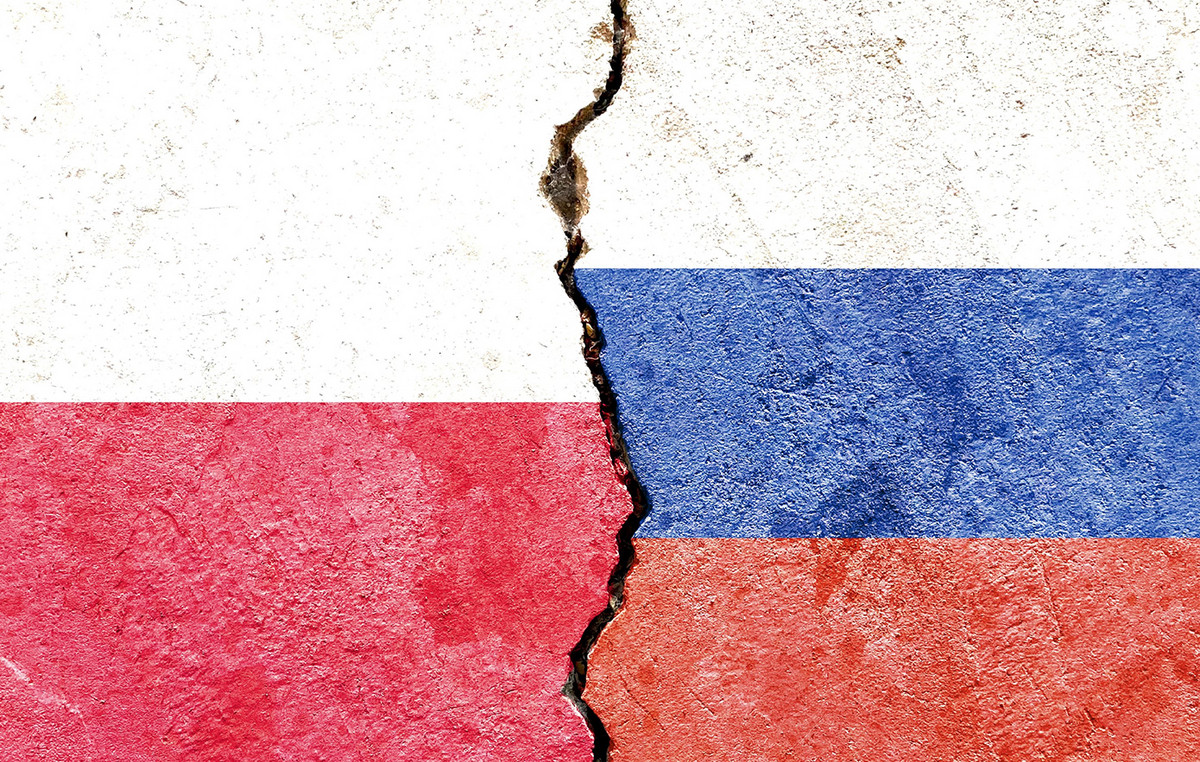Israel’s assault on Gaza since the Hamas-led invasion on Oct. 7 has killed more than 40,000 people, Palestinian officials say, drawing international condemnation. But just 90 kilometers (56 miles) away, another major escalation of violence has also been taking place in the West Bank, where Israeli troops have killed more than 600 Palestinians since the war began.
On Wednesday (28), the Israel Defense Forces (IDF) announced that it had begun an expansive offensive in the occupied West Bank, launching ground and air strikes on densely populated civilian areas in Jenin and Tulkarem that have killed at least 15 people so far.
The attacks come amid a surge in Israeli settler violence in the West Bank and occupied East Jerusalem, where some settlers continue a campaign against Palestinian civilians and infrastructure.
Israel says its military operation in the West Bank is necessary to deter further terrorist attacks on its territory. Palestinian leaders say the violence will only lead to “terrible and dangerous outcomes”. United Nations Secretary-General António Guterres called on Israel to immediately end its operation, saying it was a “deeply worrying” development.
As Israel signals that its operation is just beginning, here’s what you need to know about the occupied territory and why bloodshed is escalating there.
What is the West Bank and who controls it?
The West Bank, a territory that lies between Israel and Jordan, is home to 3.3 million Palestinians living under Israeli military occupation, as well as hundreds of thousands of Israeli Jews who began settling there about 57 years ago.
Israel began its occupation after the 1967 Six-Day War, in which it captured the West Bank and East Jerusalem from Jordan, the Gaza Strip and Sinai Peninsula from Egypt, and the Golan Heights from Syria. Israel argues that Jews have a biblical and ancestral right to the land.
Soon after, he began establishing communities in these territories. The West Bank remains the site of most of these settlements, which are illegal under international law.
In the 1990s, Israel and Palestinian factions began a peace process aimed at establishing a Palestinian state. This process, known as the Oslo Accords, led to the creation of an interim Palestinian government known as the Palestinian Authority (PA), based in the West Bank city of Ramallah, with nominal control over the West Bank and Gaza. Peace negotiations have been frozen for years, and the current Israeli government has ruled out granting independence to the Palestinians.
Today, the PA has administrative and security control over 18 percent of the West Bank, while 22 percent is under joint Israeli-PA control. Israel has exclusive control over the remaining 60 percent, where most Jewish settlements are located.
Israel withdrew its troops and settlers from Gaza in 2005. In 2007, Hamas took control of the territory after winning elections.
In July, the International Court of Justice, the United Nations’ highest court, issued an unprecedented advisory opinion that found Israel’s presence in the West Bank and East Jerusalem to be illegal and called on Israel to end its decades-long occupation.
Who are the settlers in the West Bank?
There are more than 700,000 settlers living in the West Bank, and their presence is considered illegal under international law.
They are spread across 146 settlements across the West Bank, excluding East Jerusalem. The vast majority of settlements are built on government orders, but some unauthorized settlements, known as settlement outposts, have been established by ideologically motivated civilians in the hope that they will one day be authorized by the government.
Many of the settlements encroach on Palestinian villages and, in some cases, privately owned Palestinian land. Some are built near Palestinian population centers, and one, in Hebron, is in the heart of a Palestinian city. In East Jerusalem, there are 14 Israeli neighborhoods that the international community considers illegal.
Settlement expansion has been a top priority for the right-wing government of Prime Minister Benjamin Netanyahu, who has pushed through land seizures in the West Bank during his tenure, despite human rights groups calling them a war crime.
In July, Israel approved the largest land seizure in the West Bank since the Oslo peace process, according to Israeli anti-settlement watchdog PeaceNow.
The settlements in the West Bank and East Jerusalem are seen as a major obstacle to peace, as they are located on land that the Palestinians, together with the international community, consider to be territory for a future Palestinian state.

What has been happening in the West Bank since the war began?
Tensions have been rising in the West Bank for many years, but October 7 marked the beginning of a volatile new chapter in the occupied territory.
That day, Hamas-led militants killed 1,200 people in Israel and seized more than 250 shelters, according to Israeli officials. Israel later launched a war in Gaza that killed 40,476 people, according to Palestinian officials.
Since the war began, 652 Palestinians have also been killed in the West Bank and East Jerusalem, including 150 children, according to the Palestinian Health Ministry. More than 5,400 people have been injured.
The violence has been especially severe for children, according to American Near East Refugee Aid (ANERA), which said in an August report that the number of Palestinian children in the West Bank who have been killed by Israeli bullets has nearly tripled in one year.
Meanwhile, attacks on settlers have been ongoing for months without significant consequences or accountability.
In February, hundreds of settlers carried out one of the largest attacks on Palestinians in years in the town of Huwara and surrounding areas, after a Palestinian gunman killed two Israeli settlers living nearby. In the aftermath of the violence, Israel’s Finance Minister Bezalel Smotrich, himself a settler who opposes Palestinian sovereignty, said that “Huwara needs to be erased.”
Earlier this month, more than 70 armed settlers stormed the town of Jit, firing bullets and tear gas at Palestinian residents and setting fire to several homes, cars and other property. One person was killed. The attacks drew condemnation from senior Israeli officials, but far-right members of Netanyahu’s government and local leaders deflected blame from the settlers.
In total, at least 1,270 settler attacks against Palestinians have been recorded since October 7, according to the UN Office for the Coordination of Humanitarian Affairs (OCHA). Of these, more than 120 attacks “have resulted in Palestinian deaths and injuries,” OCHA said.
Meanwhile, the United States, Israel’s strongest military and diplomatic ally, imposed a series of sanctions this year on Israeli settlers accused of violence in the West Bank, freezing their financial assets and preventing them from entering the US.
“The United States remains deeply concerned about extremist violence and instability in the West Bank, which undermines Israel’s own security,” the US State Department said in a statement last month.
Who is the target of the current Israeli military campaign in the West Bank?
Israel launched a major anti-terror operation in the Jenin and Tulkarem areas on Wednesday, where authorities said more than “150 shooting and explosive attacks” originated last year.
Israel says the northern West Bank, including Jenin and Tulkarem, has seen a rise in Palestinian militant groups, fueled by what it says is an Iranian campaign to distribute weapons there.
Local militias are also gaining strength in the northern West Bank, groups made up largely of disillusioned young people who grew up under Israeli occupation and who deeply resent the unpopular PA, which is seen as submissive to the occupation and unable to protect them from Israel.
The Palestinian Authority condemned “rape and crimes” committed by Israel on Wednesday, “especially the ongoing war of genocide in the Gaza Strip and the attacks on the northern West Bank.”
The Palestinian Islamic Jihad (PIJ) militant group condemned the Israeli military’s “comprehensive aggression,” referring to it as an “open and undeclared war.”
On Thursday (29), the IDF said it killed five militants, including Muhammad Jabber, a commander affiliated with the PIJ’s military wing, the Al-Quds brigade.
This content was originally published in Israel’s operation sheds light on the crisis in the West Bank; understand the conflict on the CNN Brasil website.
Source: CNN Brasil
Bruce Belcher is a seasoned author with over 5 years of experience in world news. He writes for online news websites and provides in-depth analysis on the world stock market. Bruce is known for his insightful perspectives and commitment to keeping the public informed.







